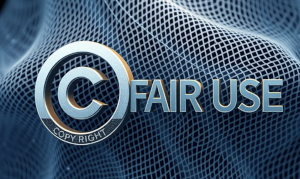 Released Time for Religious Instruction (RTRI) is a mechanism in the United States which allows schoolchildren to receive religious instruction during school hours.
Released Time for Religious Instruction (RTRI) is a mechanism in the United States which allows schoolchildren to receive religious instruction during school hours.
The law says that this can only take place off-site, with teachers and authorities’ involvement limited to releasing children into the hands of third-party organizations for instruction elsewhere.
In Ohio, parent Zachary Parrish
became concerned by the actions
and teachings of an organization called LifeWise, which recently described itself as a “privately funded Christian non-profit” that provides “religious instruction in traditional, character-based, Biblical teaching.”
To raise awareness of LifeWise and what Parrish describes as its spreading of “Evangelical Christianity, Purity Culture, Christian Nationalism, homophobic beliefs, transphobia, and hateful rhetoric,” Parrish and the like-minded Molly Gaines teamed up to found an opposition group:
Parents Against LifeWise
.
Parrish Publishes LifeWise’s Children’s Curriculum, LifeWise Sues
In the belief that the curriculum contains information supportive of the opposition group’s cause, Parrish obtained a copy of the closely-guarded documents and, in the public interest, posted them publicly online. When he refused to comply with LifeWise’s demands to take the content down, LifeWise responded with a potentially crushing copyright infringement lawsuit.
Filed in the Northern District of Indiana (Fort Wayne Division) on July 2, 2024, plaintiff LifeWise Inc. of Indiana
described Parrish as a willful infringer
whose goal was to “gather information and internal documents with the hope of publishing information online which might harm LifeWise’s reputation and galvanize parents to oppose local LifeWise Academy chapters in their communities.”
After the complaint was filed, Parrish immediately received an offer to settle. That was perceived as an attempt to bring the matter to an end but on unacceptable terms; no recognition of Parrish’s right to use the material under the doctrine of fair use and a potentially devastating effect on raising awareness and future criticism of the religious group.
These components unsurprisingly attracted the attention of the EFF, which is now defending Parrish against LifeWise’s copyright infringement allegations. That began in earnest last week with a motion to dismiss for failure to state a claim.
Copyright Is Not a Tool to Punish or Silence Critics
EFF’s approach to this litigation is encapsulated in the heading above, as explained by EFF IP Litigation Director Mitch Stoltz and Staff Attorney Tori Noble.
“Copyright law is not a tool to punish or silence critics. This is a principle so fundamental that it is the ur-example of fair use, which typically allows copying another’s creative work when necessary for criticism,” EFF begins.
“But sometimes, unscrupulous rightsholders misuse copyright law to bully critics into silence by filing meritless lawsuits, threatening potentially enormous personal liability unless they cease speaking out. That’s why EFF is defending Zachary Parrish, a parent in Indiana, against a copyright infringement suit by LifeWise, Inc.”
A Perfect Example and Classic Fair Use
In a motion to dismiss dated August 26, EFF notes that some infringement lawsuits amount to “baseless shakedowns” where the expense of discovery heightens the incentive to settle rather than defend a frivolous lawsuit.
EFF informed the Court that the lawsuit against Parrish “is a perfect example.”
“As we explained to the court, Mr. Parrish’s posting of the curriculum was a paradigmatic example of fair use, an important doctrine that allows critics like Mr. Parrish to comment on, criticize, and educate others on the contents of a copyrighted work. LifeWise’s own legal complaint shows why Mr. Parrish’s use was fair,” the EFF notes, referencing LifeWise’s claim that Parrish hoped to gather information to publish online to harm the group’s reputation.
“This is a mission of public advocacy and education that copyright law protects. In addition, Mr. Parrish’s purpose was noncommercial: far from seeking to replace or compete with LifeWise, he posted the curriculum to encourage others to think carefully before signing their children up for the program.”
Returning to LifeWise’s assertion that Parrish aimed to harm LifeWise by publishing its curriculum, EFF points out that if a film critic uses scenes from a movie to support a devastating review, that’s considered fair use under copyright law. Likewise, if a concerned parent wishes to educate other parents “about a controversial religious school program by showing them the actual content of that program,” that’s permitted too.
Factors of Fair Use
A. LifeWise Concedes Mr. Parrish’s Transformative and Noncommercial Purpose
According to the motion to dismiss, LifeWise’s description of itself and its mission, of Parrish and his actions, show that LifeWise and Parrish had very different uses in mind for the curriculum.
For a fee, the former allows use of the document for “traditional, character-based, Biblical teaching during school hours.” For no fee, the latter’s use of the document was to “publish information online which might harm LifeWise’s reputationand galvanize parents to oppose local LifeWise chapters in their communities.”
B.The Nature of the Works Is Neither Disputed Nor Dispositive
The second factor of fair use concerns the creativity of the allegedly-infringed work. Creative content receives more protection than factual content, meaning that a finding of fair use is more or less likely depending on the content mix.
According to LifeWise, the curriculum is biblical instruction that includes videos, activity pages, leader guides, cards and printables; it is therefore a mix of creative work, passages from the Bible, plus other factual and non-creative elements.
“Given this jumble of characteristics, the ‘creativity’ subfactor is not likely to offer much illumination to the analysis,” EFF informs the court.
“Moreover, if the disputed use of the work ‘is not related to its mode of expression but rather to its historical facts’ then creativity matters even less to the analysis. Here, Mr. Parrish posted the Curriculum in order to make parents and the public aware of its content, not to appropriate its creative aspects.”
C. Mr. Parrish Used What Was Necessary for His Critical Purpose
It’s often claimed that using only small parts of a copyrighted work is key to a finding of fair use. While that may be helpful in some cases, copying of an entire work can be fair use in appropriate circumstances, when ‘time-shifting’ for example.
In this case, the entire curriculum was published and according to EFF, that was necessary given the purpose of the use. LifeWise provides a public 27-page summary of the curriculum and describes it as “comprehensive” but the EFF begs to differ.
“It is not plausible to infer that a 27-page summary, created by LifeWise itself —not exactly an objective source — would be adequate to fully educate parents or the public about what public school children might be learning during school hours from first grade through fifth grade, any more than a summary of the New Testament could substitute for actually reading it,” EFF informs the court.
D. LifeWise Does Not and Cannot Plausibly Allege Market Harm
The fourth and final factor of fair use considers the effect of the use of a copyrighted work on the potential market for that work. Put differently, whether use of the work deprived the copyright owner of income or undermined a new or even potential market. EFF argues that the complaint fails to show that any harm was caused.
“Where, as here, a use is highly transformative, only a strong showing of harm will weigh against fair use. When a use is transformative and non-economic, as in this case, market harm is less likely to exist or weigh against a finding of fair use,” EFF notes.
“LifeWise would never license the Curriculum for what it describes as Mr. Parrish’s intended use to ‘galvanize parents to oppose local LifeWise chapters in their communities. It concedes it would only license to Mr. Parrish, or anyone else, subject to ‘the restrictions that LifeWise is entitled to and would place on” use of the Curriculum, “including the right to deny permission altogether.”
LifeWise alleged that internet users may have downloaded the Curriculum for the purposes of religious instruction, contrary to the purpose envisioned by Parrish.
“Even taking this alleged harm at face value, Mr. Parrish cannot be held liable for what other people might hypothetically do; the question before the Court is whether Mr. Parrish’s own use is unlawful.”
Conclusion
EFF concludes that the posting of the LifeWise Curriculum “was a self-evident fair use”, and did not infringe any copyright. “This Court should dismiss the complaint and end LifeWise’s improper attempt to punish a critic.”
EFF ends a summary
of recent events with a cautionary note that deserves to be highlighted.
Fair use is not the freedom to use copyrighted material with impunity. Fair use is a possible defense in a copyright lawsuit, not an immunity card that makes allegations disappear when waved in the air.
Parrish is fortunate to have EFF on his side; defending a fair use case not only requires legal experts, it can also get horribly expensive, extremely quickly. It’s hoped that the motion to dismiss filed by Parrish and EFF last week may help to end this lawsuit before it becomes unnecessarily costly for everyone, including the plaintiff.
Defendant’s motion to dismiss & EFF’s supporting brief are available
here
and
here
(pdf)
From:
TF
, for the latest news on copyright battles, piracy and more.
chevron_right
 In little over five years, TorrentGalaxy has grown out to become a
leading player
in the torrent ecosystem.
In little over five years, TorrentGalaxy has grown out to become a
leading player
in the torrent ecosystem.
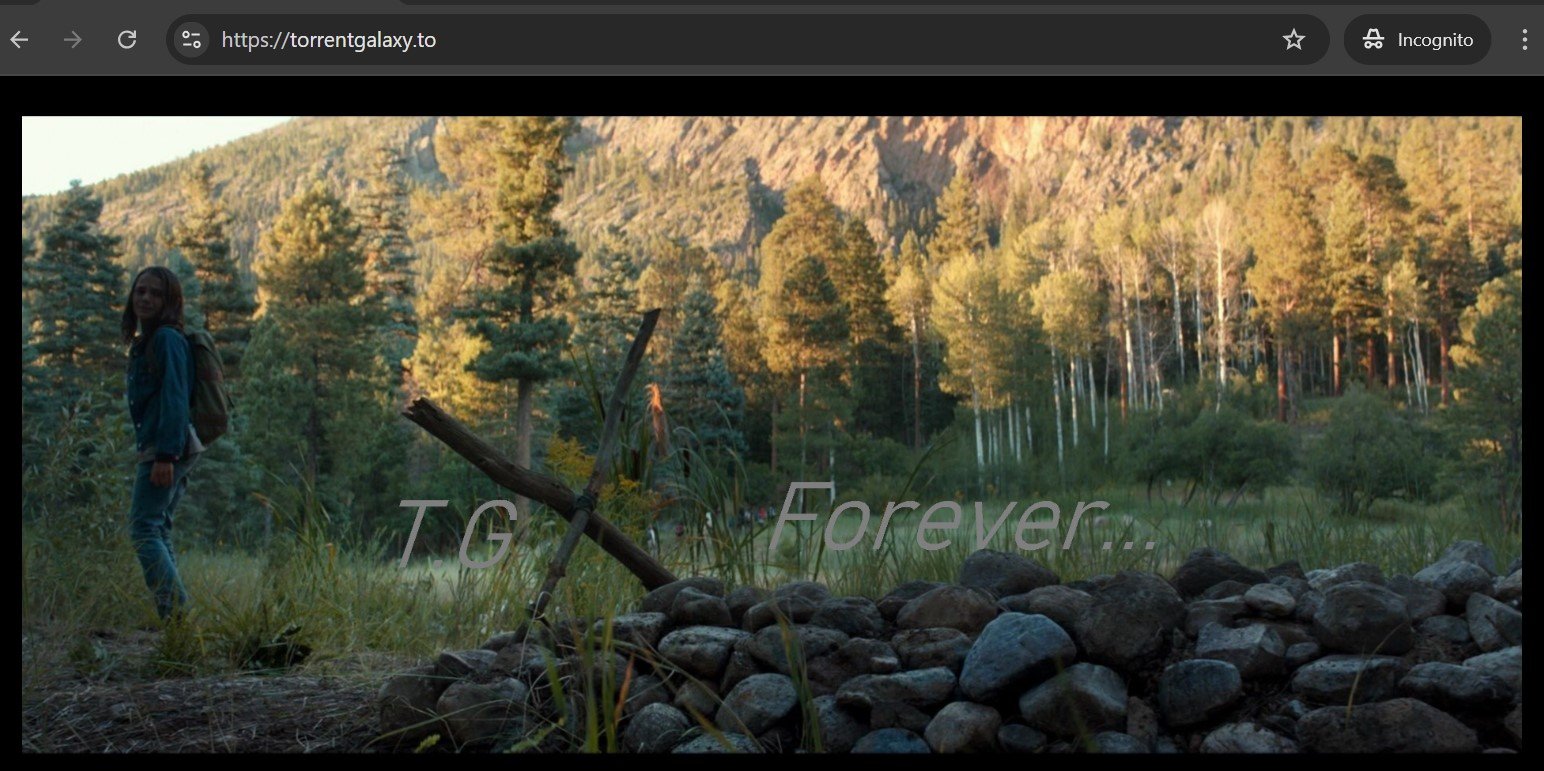



 Three years ago,
Three years ago,
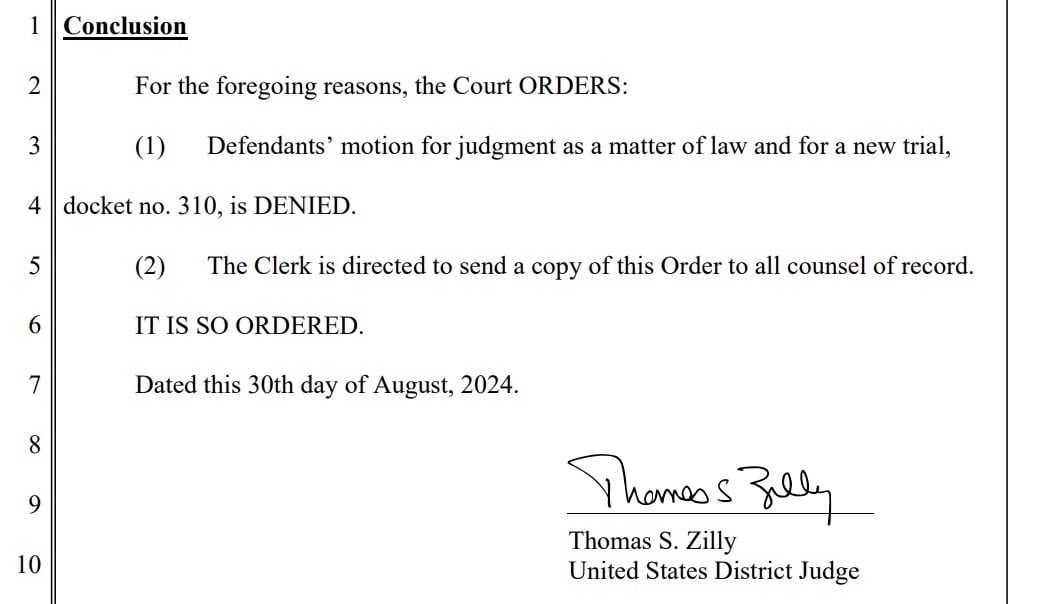
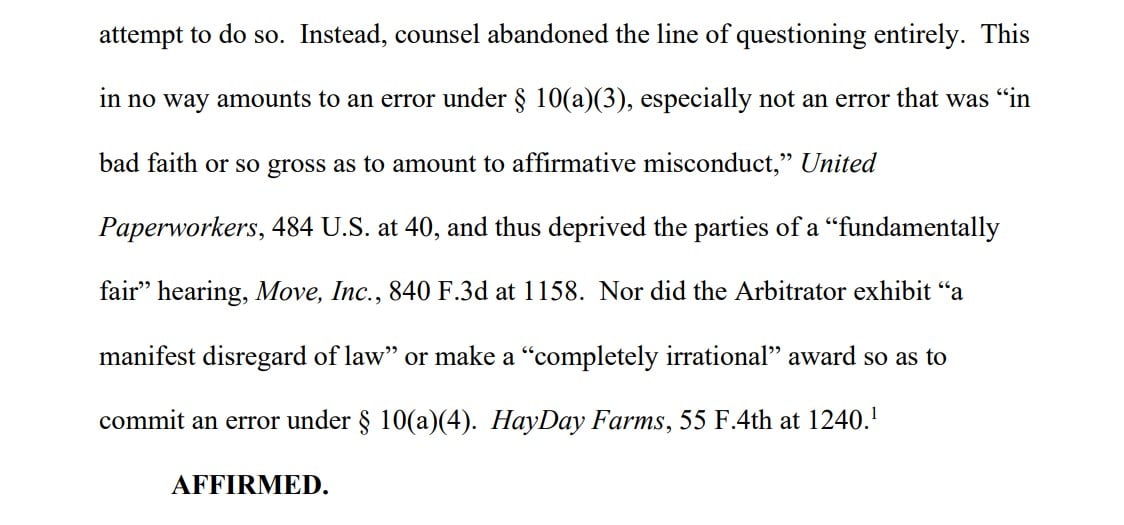
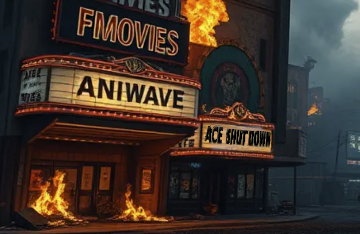
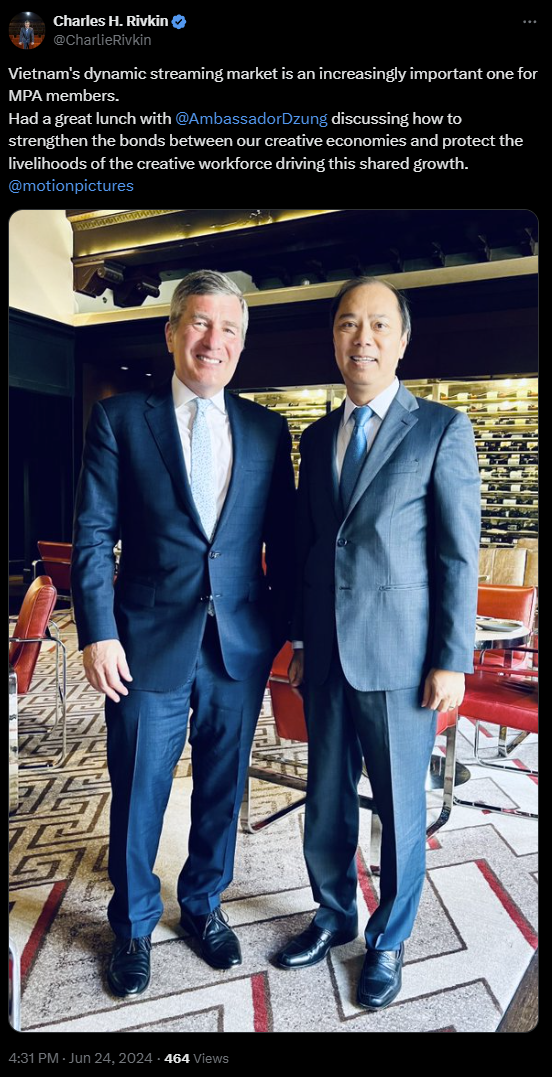


 With millions of visits per month, pirate sports streaming site Streameast is a fan favorite among many sports aficionados.
With millions of visits per month, pirate sports streaming site Streameast is a fan favorite among many sports aficionados.









 Pirate sites tend to come and go but in recent months, significant shutdowns have been more frequent than usual.
Pirate sites tend to come and go but in recent months, significant shutdowns have been more frequent than usual.



